Is Gelatin Good For The Joints? (4 Situations)

Gelatin, collagen, joints – they all seem related, right? So gelatin seems like the perfect solution for joint problems.
After all, it makes sense:
- joints contain lots of collagen
- collagen contains lots of gelatin.
But is gelatin good for the joints – for real? Or it’s just a myth?
It might seem like a great remedy on paper – but the reality could be totally different.
Well, I tried to dig deep into this problem and find a clear answer. So here’s what I followed in this article:
- The top benefits of gelatin for the joints – in general
- How gelatin can help each form of arthritis
- A final verdict to the question
Now, if you’re ready – let’s begin. So can gelatin do anything for the joints – on its own? Let’s take a look at its top benefits.
Top 3 Benefits Of Gelatin
Now, gelatin itself has many proprieties – but I will only mention the ones that are joint related.
To be honest, I didn’t find too many studies on this topic. Lots of people claim that gelatin is great for the joints – but they don’t have any proof.

There are many studies on collagen – but gelatin isn’t the same thing.
However, after checking out different sources, here’s what I found about joints and gelatin:
- Protects cartilages
- Increases flexibility
- Rebuilds joint cartilages
On paper, they seem to be true – after all, gelatin is made of collagen. And collagen can do that. But in reality, things could look a bit different.
So here’s what I decided to do:
- take a look at several forms of arthritis
- see how collagen can help each
- find whether gelatin can bring any benefit or not
It doesn’t sound too complicated, does it? Well, let’s begin with the most common joint problem – osteoarthritis.
Case #1 – Osteoarthritis
What’s the best thing to start with? Looking at the real cause behind OA.
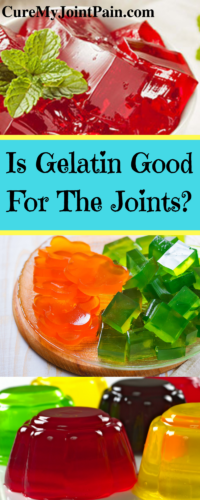 What Causes It: Most people suffering from OA are elderly. Does age have anything to do with this condition? You bet. Here’s what you should keep in mind about osteoarthritis:
What Causes It: Most people suffering from OA are elderly. Does age have anything to do with this condition? You bet. Here’s what you should keep in mind about osteoarthritis:
- it’s usually caused by cartilage tear
- there’s little inflammation
- aging is a risk factor
How Does Collagen Help?: As I said, the #1 cause of osteoarthritis is cartilage damage.
Now, cartilages are made of several substances – but one of them is collagen. So does this ingredient help OA? It surely does. That’s why you see so many joint supplements based on collagen.
What exactly it can do?:
- Rebuild damaged cartilages (when associated with glucosamine sulfate)
- Increase lubrication around the joints
- Prevent additional tear
Can Gelatin Help?: So it’s pretty clear – collagen does help osteoarthritis. It doesn’t make any miracles, it’s not the #1 remedy, but it does help.
But what about gelatin – can it do anything?
Well, I didn’t manage to find any studies conducted on it. So here’s my theory:
Gelatin doesn’t help OA much. It is indeed made of collagen – but collagen contains many other substances besides gelatin.
That’s the reason why gelatin doesn’t do anything special for the joints – it lacks all the other substances that collagen has.
Case #2 – Rheumatoid Arthritis
To be honest, I never experienced any benefits from gelatin supplements – I have RA, so I’m speaking from experience.
What Causes It: That’s probably the best explanation why gelatin doesn’t work. So what’s behind RA?:
 it’s an autoimmune condition – your body starts attacking itself, especially the joints
it’s an autoimmune condition – your body starts attacking itself, especially the joints- for this reason, they are constantly swollen and stiff
- the pain is caused by inflammation – not cartilage damage
How Does Collagen Help?: Very little. It can mostly help with prevention:
- against a secondary OA
- against cartilage loss
I wouldn’t really recommend collagen supplements in RA. What you need is an anti-inflammatory – something like Turmeric or Boswellia.
Can Gelatin Help?: Not really – at least in my opinion. Judging after how it worked in my case, I wouldn’t try it again.
It just doesn’t have any real benefits for RA – not even on paper. So it’s most likely a waste of time, if you ask me.
Case #3 – Gout
Now, gout is pretty similar with RA from a few points of view. But it has a totally different cause.
What Causes It: In gout, things are pretty easy – there aren’t several causes. There’s only one: uric acid crystals are building up in your joints, causing deposits.
Why does this happen?:
- genetics – your family may be more likely to develop this condition
- diet – you’re consuming lots of meat and drinking beer daily
- age – you’re over 50
How Does Collagen Help?: Well, it doesn’t help much. Gout is pretty different from other forms of arthritis:
- the pain only appears during an attack
- you normally have a gout attack a few times per year (at most)
However, the pain from gout is a lot worse than the pain from RA or OA. It’s basically caused by an extreme inflammation – so collagen is pretty useless.
Can Gelatin Help?: Definitely not. There’s no problem with cartilages, so you can take as much gelatin as you want – it’s not going to make your gout any better.
Case #4 – Knee Pain
I know a lot of people with achy knees without any form of arthritis. They simply have a chronic pain in their knees.
What Causes It: In this case, there could be many causes. But I will exclude any form of arthritis – so what else could be causing this pain?:
 strains or injuries
strains or injuries- chronic inflammation
- bone problems
There could be many other causes, but these are the top ones that come in my mind.
How Does Collagen Help?: If there’s a bone problem behind, it could help. Obviously, it should be something minor.
Otherwise, taking collagen for a fracture or an injury would be useless.
On the other hand, knee pain is usually caused by a chronic swelling inside the knee. In this case, collagen won’t do much – it can’t decrease inflammation.
Can Gelatin Help?: I doubt it. Gelatin doesn’t work amazingly in any kind of joint problems – I just proved it in the lines above.
So it has minimal chances to help knee pain. If that’s what you’re dealing with, I recommend you a supplement – here’s my best of list.
My Verdict – Is Gelatin Good For The Joints?
Short answer: Not really – at least there’s no scientific evidence so far.
Now, if you have osteoarthritis – it could help. Collagen helps, though it’s not a top remedy. But as I said, there are no studies that tested out gelatin.
- So if you really want to use it for OA, I advise you to replace it with collagen.
On the other hand, if you have gout, rheumatoid arthritis or any pain caused by inflammation – gelatin is not going to help.
It’s not an anti-inflammatory – it can helps cartilages at most. And inflammation has very little to do with cartilages, so you’re just wasting your time.
Therefore, gelatin is not going to help you much either way – no matter what form of arthritis you have. That’s why it’s not a substance I would recommend: it’s pretty useless, in my opinion.
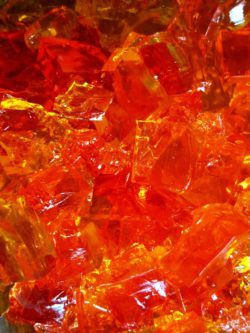 it’s an autoimmune condition – your body starts attacking itself, especially the joints
it’s an autoimmune condition – your body starts attacking itself, especially the joints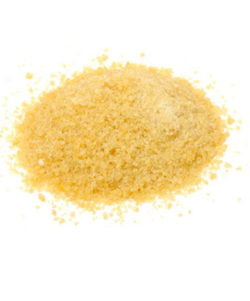 strains or injuries
strains or injuries

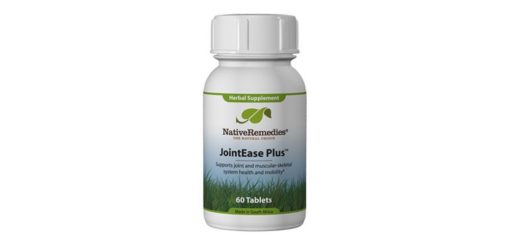

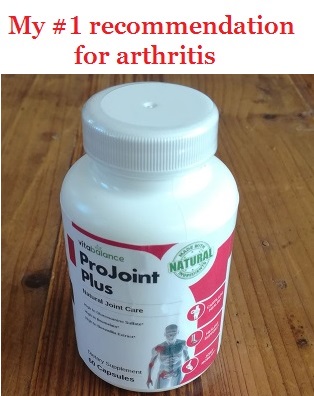
i started knee pain suddenly and as was told by some one, i tried the gelatin method . I took one tea spoon along with water early morning for one month and my pain dis-appeared for ever. This gelatin came from common packet used to make jelly in our homes.
Hey there, these are some great news. I had no idea gelatin can be so helpful for some people, in my case it didn’t make a huge difference. But everyone is different so what worked for me might not work for you and the opposite. So thanks a lot for your experience, it’s really helpful!